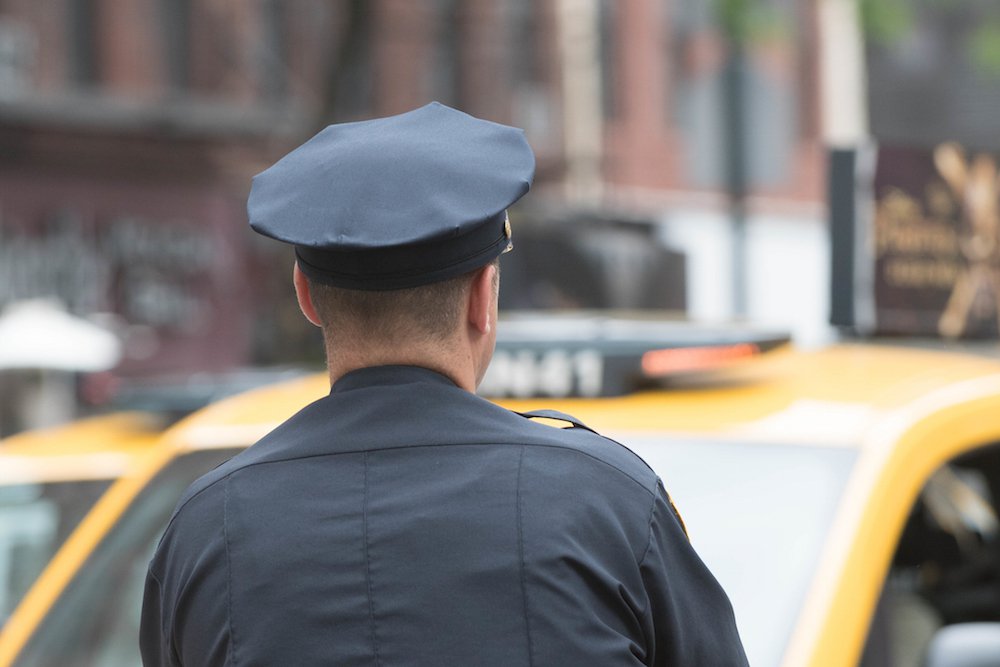
20 Dec Are Police At Risk Of Overdose From Accidental Fentanyl Exposure?
Since fentanyl use has become widespread, there have been many reports of first responders overdosing accidentally through exposure at emergency calls. The Drug Enforcement Administration even issued an officer safety alert urging first responders to be careful to avoid exposure.
However, medical professionals say the risk of accidental overdose to first responders is vastly overstated.
Toronto-based doctor David Juurlink, a researcher at Sunnybrook Health Sciences Centre, said that police officers and other first responders overdosing is highly unlikely.
“I would say it’s extraordinarily improbable that a first responder would be poisoned by an ultra-potent opioid,” he told The New York Times. “I don’t say it can’t happen. But for it to happen would require extraordinary circumstances, and those extraordinary circumstances would be very hard to achieve.”
Still, officers and other first responders are regularly warned about the dangers of being exposed to even trace amounts of synthetic opioids. Some people are concerned that being overly cautious will cause first responders to hold back on potentially life-saving treatments for people who call 911, in much the same way some doctors were afraid to treat HIV patients during the AIDS epidemic.
At Brigham and Women’s Faulkner Hospital in Boston, emergency room doctor Jeremy S. Faust, has a message for first responders.
“I want to tell first responders, Look, you’re safe,” Faust said. “You can touch these people. You can interact with them. You can go on and do the heroic lifesaving work that you do for anyone else.”
Despite the fact that an overdose from accidental exposure is very unlikely, police officers sometimes report feeling symptoms of overdose when they respond to opioid-related calls. Scottie Wightman, a Kentucky emergency medical technician, went unresponsive after one call. He was treated with naloxone, but a drug test later showed there were no drugs in his system. These symptoms are essentially a placebo effect, experts say.
Still, many people have been charged with crimes after calling 911 for fentanyl-related emergencies. Eric Weil, of New Hampshire, called police when a person staying in his house overdosed. Weil found fentanyl in his house, and after handling it, blew the drug off his hands.
Police later said that Weil blew “a large cloud” toward them. He was charged with reckless conduct, the same charge he could get for brandishing a gun. He was convicted, but the verdict was eventually overturned. Still, Weil said he will not be calling 911 again.
“If ever I go into a situation where somebody’s O.D.-ing, I’m going to stand over them and watch them die,” he said. “If they say, why didn’t I call? Are you out of your mind? The last time I called somebody, I got a Class B felony.”
Still, the police chief in the town where Weil was charged said that he needs to be proactive about protecting officers from synthetic opioids.
“I never want to be in a position where I have to go see a family member, a wife, kids, and explain to them why their father or husband is not coming home that evening, or ever, for that matter,” he said. “Everybody knows it’s a dangerous substance.”
Please read our comment policy. – The Fix
[ad_2]
Source link



No Comments